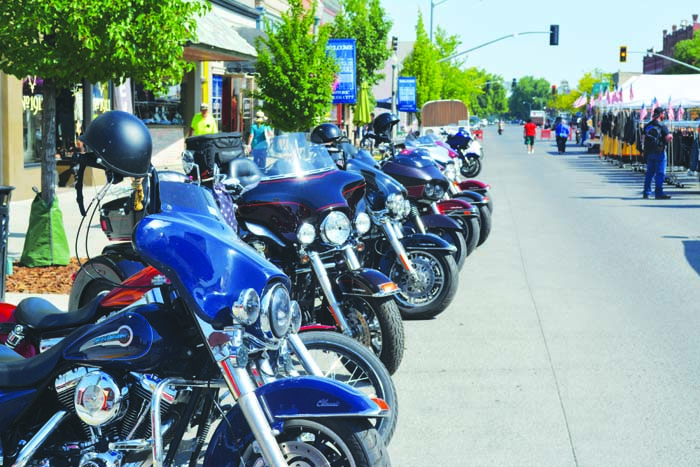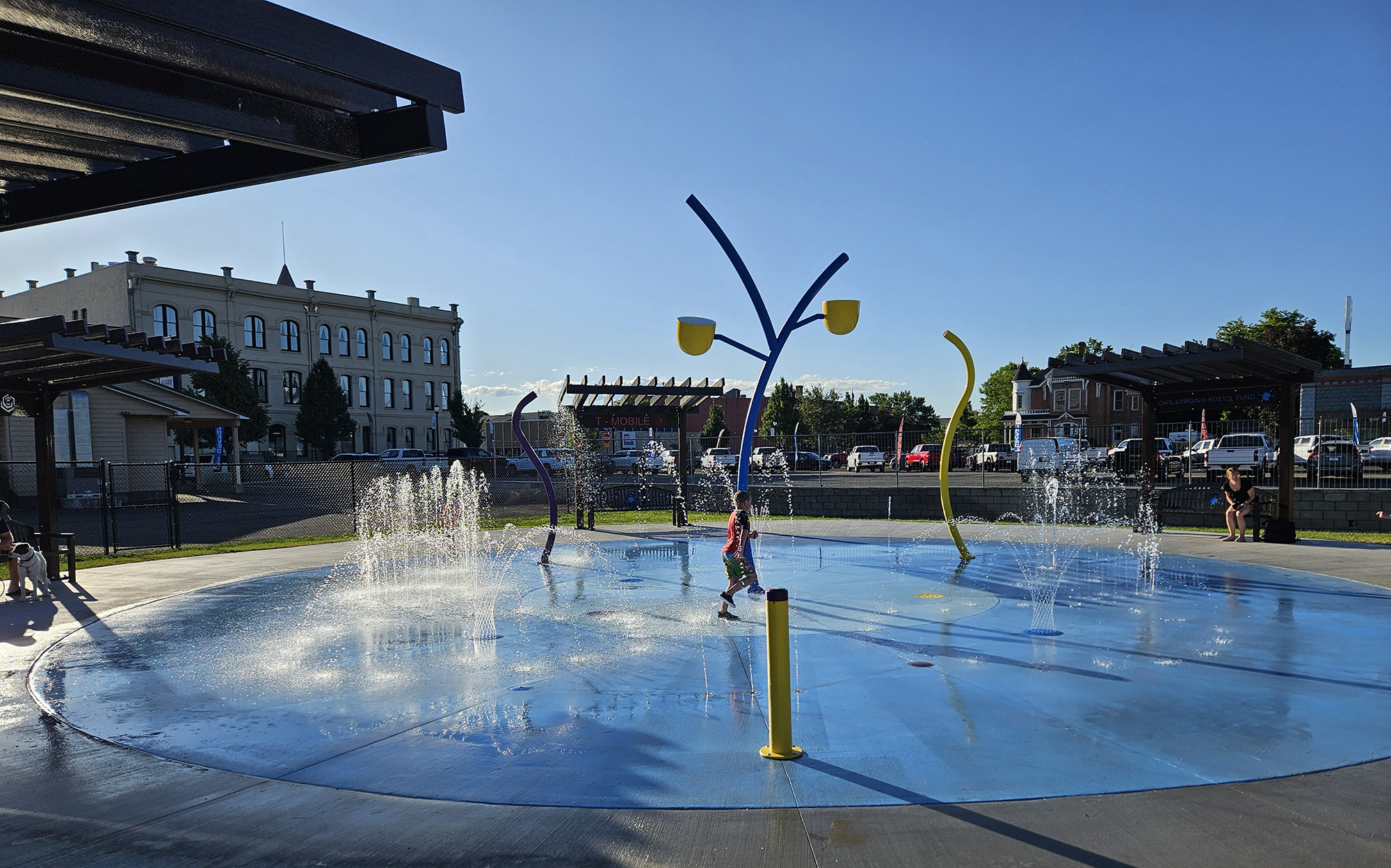COLUMN: Beyond ‘Rip City’: Remembering Bill Schonely
Published 12:00 pm Friday, January 27, 2023
Bill Schonely was a voice of my childhood.
Not the only voice.
Just one of many that I can hear even now, decades later, without greatly straining my powers of audible recollection.
But his is a distinctive voice, to be sure.
It was so resonant, that voice, a baritone as smooth as a freshly varnished plank, that even if you heard him deliver just a couple of phrases you would have pegged Schonely as a radio broadcaster.
Which he was.
But that hardly puts into perspective what the man, and that mellifluous voice, meant to generations of Oregonians.
Schonely, who died Jan. 21 at age 93, was the first radio announcer for the Portland Trail Blazers. He kept calling games for 28 years.
It happens that the Blazers, still the only Oregon franchise in a major professional sports league, started their run almost exactly when I started mine. I was born on Sept. 22, 1970, and two days later Schonely did the radio play-by-play for the Blazers’ first NBA exhibition game.
I don’t recall when I came to know who Schonely was.
I suspect it was around 1975.
Certainly by the following year Schonely’s voice was familiar to me.
That was the year the Blazers began the journey to their only world championship, a quest they fulfilled on June 5, 1977, when they beat the Philadelphia 76ers in Game 6 of the NBA Finals in Portland’s Memorial Coliseum.
Schonely’s description of those final frantic seconds, as the 76ers, trailing 109-107, tried to forge a tie, is iconic.
I can’t recall, at the distance of nearly half a century, whether I watched that game on TV. I suppose I probably did, given what was at stake.
But for me that scene, one the Blazers have yet to replicate, will always be defined not by images but by Schonely’s voice, adding decibels as the seconds on the scoreboard were subtracted, but never sacrificing his consummate professionalism in the frenzy of that unique moment.
Those days were different.
Televised NBA games — and sports in general — were rare rather than ubiquitous.
There was no ESPN.
Radio was the dominant medium.
If you were a Blazer fan, even one whose interest was moderate rather than all-encompassing, you knew the name Bill Schonely.
More to the point, you knew, as you spun the radio dial, when you had reached the right frequency, when that inimitable voice suddenly cut through the AM static.
“Good evening, basketball fans, wherever you may be.”
That was Schonely’s signature introduction to each broadcast, and even now, many decades since he gave up the microphone, I can feel the goosebumps sprouting on my forearms as I read those eight words.
There is something magical about listening to a sporting event on radio.
I rarely do these days, of course. On any given evening the online guide on my TV shows a dozen or more contests. The ubiquity of televised sports — and the size and clarity of modern high-definition screens — is such that it has even cut into attendance at some arenas and stadiums.
But no matter how many pixels the latest models can display, no matter how vividly the sweat shows on the athletes’ foreheads, for me nothing can replicate the experience of listening to a master, as Schonely surely was, narrate a distant game as I sit in a living room or a car on a dark evening.
Television simply can’t match the drama of a radio broadcast.
The radio has an advantage, to be sure. With radio the listener must rely on the broadcaster not only to describe the action but also, through the timbre and the volume of the voice, to give the audience a sense of what might, or might not, happen in the next few seconds. That imbues radio with a level of anticipation absent on TV. Watching a potential game-winning shot or pass float through the air, even in high-definition on a 50-inch screen, doesn’t elevate my heart rate quite as much as that brief pause, that moment of dead air, during a radio broadcast before the play-by-play person reveals the outcome, the exultation or the anguish.
There is also an intimacy to radio that’s absent on television.
I think this is because the listener depends so much more on the radio announcer, the voice serving as the sole connection to the unseen arena. That voice becomes so familiar, so expected, that its presence is soothing, as all reliable things tend to be.
I find it rather remarkable, and wonderful, when I ponder how deeply Bill Schonely’s voice reached. I imagine the living rooms and the front seats of cars, in cities and far up in the mountains or way out in the desert, where fans waited eagerly to hear that voice, giving the most delicate touch to the station selector knob to banish the static.
But when I think of Bill Schonely it’s not his longevity that first comes to mind. It’s not his dulcet tones, and it’s not “Rip City” or “lickety brindle up the middle” or “climb the golden ladder” or any of his other legendary phrases.
It’s what he did for me during one of his more than 2,500 broadcasts.
It was 1991 and my paternal grandma, Luella Jacoby, a devoted Blazer fan, was moving to a nursing home.
During his broadcasts, Schonely would make a brief mention of a few fans, noting where they listened from. I phoned the Blazers’ flagship radio station in Portland and gave the information about my grandma. I thought that, if she heard her beloved Bill Schonely say her name, that perhaps it would make her feel better.
During the next game I listened, but without really expecting to hear her name.
But during a timeout — or perhaps it was halftime, I don’t recall which — suddenly that famous voice was talking about my grandma.
I don’t completely trust my memory on this point, but I believe that my grandma heard Schonely’s message. I’d like to think that’s true.
But even if it’s not, I did hear him.
And those words meant more to me than any others he ever spoke on the radio.







